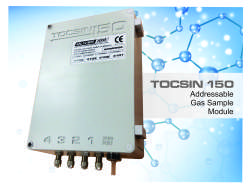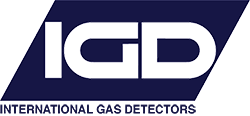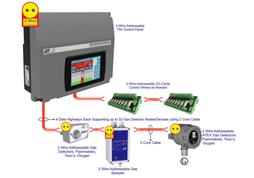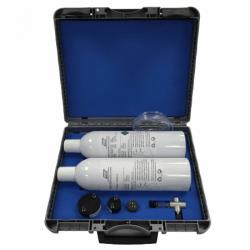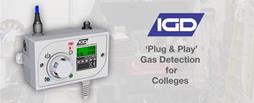Case Study: Ammonia Gas Detection in Refrigeration Plant
20-11-2017
Visit the International Gas Detectors (IGD) website for more information on Case Study: Ammonia Gas Detection in Refrigeration Plant

